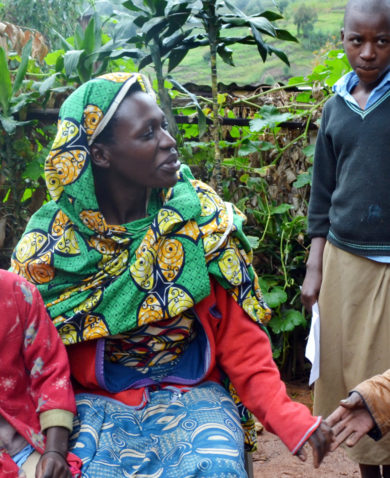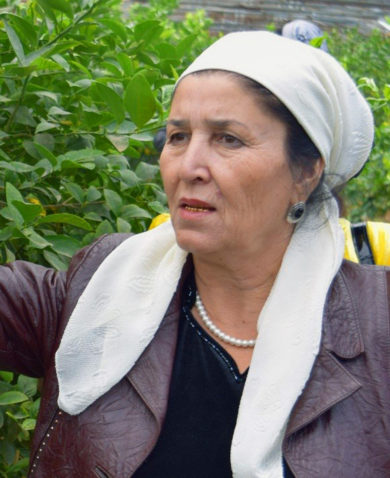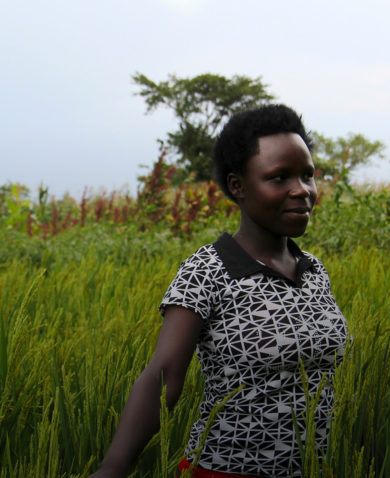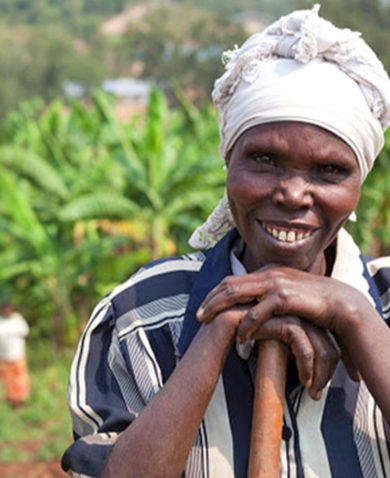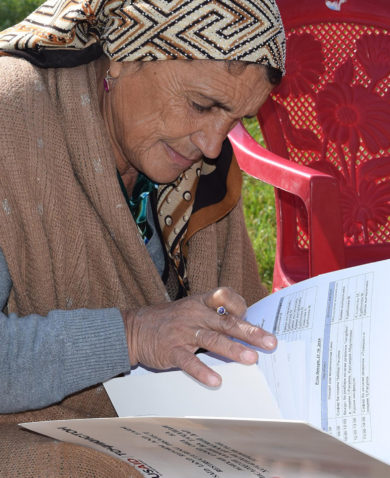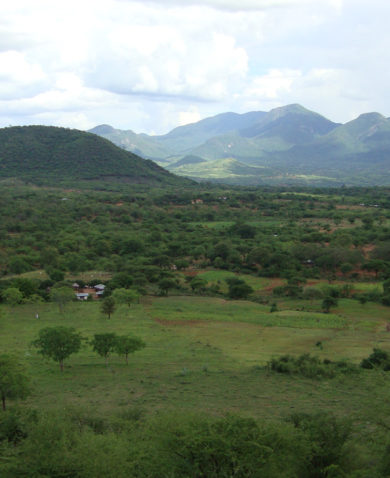
Chemonics News
News: Chemonics Presents at EU Conference on Property Rights and Land Governance
April 9, 2014 | 2 Minute ReadAt the European Union’s conference on property rights and eradicating poverty, Chemonics’ Tiernan Mennen discussed the mechanisms for ensuring legal recognition of customary land rights.
Property rights and land governance are intertwined with many development issues, compelling donors to re-examine their approach to land governance, legal frameworks, and policies. On April 9, the European Union debated a resolution to increase its development focus on property rights and hosted a discussion in Brussels, Belgium with the international community entitled “Property Rights: The Missing Key to Eradicating Poverty.”
Tiernan Mennen, a Chemonics land and resource rights expert, spoke at the event about improving land governance in practice. His presentation addressed mechanisms for ensuring legal recognition of customary land rights. The conference explored how strengthened property rights can increase incentives and improve the climate for sustainable and equitable rural investment. Leading property and land experts were invited to discuss the ways development projects and policy reform can contribute to strengthening property rights.
“There is a need to balance land tenure security that is provided by customary rights with land title formalization efforts, especially when considering marginalized groups who are already at a disadvantage,” Mr. Mennen said.
“If designed poorly or implemented hastily, formalizing land ownership can actually cause more harm than good by eroding the customary basis of tenure security,” he added.
More than 1.2 billion people worldwide are affected by land governance issues. From living without permanent homes to not having formal property rights, the result is a wide swath of individuals who exist on the fringes of the formal economy. Bringing them in through sustainable property rights initiatives would enable them to secure investments, intensify production, and access credit for businesses. It would also increase the tax base for developing countries.
Chemonics has worked with international donors, private sector partners, and local governments for more than 20 years to spearhead solutions that increase the security of land and property rights for local populations of developing countries. Chemonics has worldwide experience with land reform initiatives and implementing projects in Latin America, Africa, Europe, and Asia.
Be sure to follow Chemonics on Twitter for live updates from the conference.










